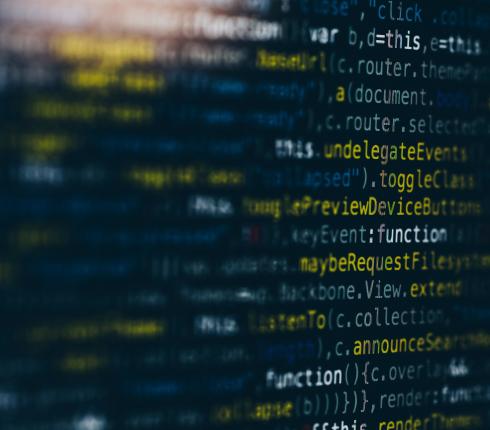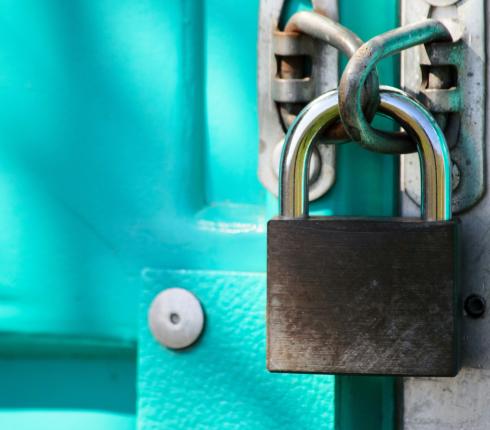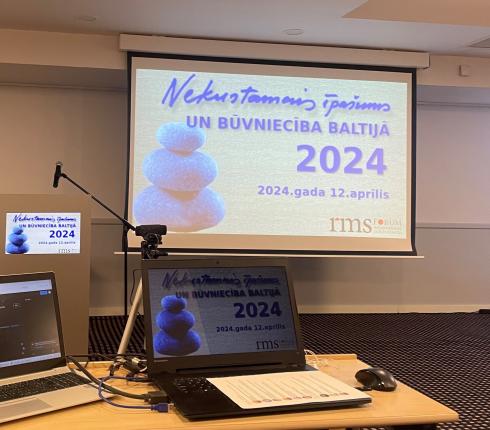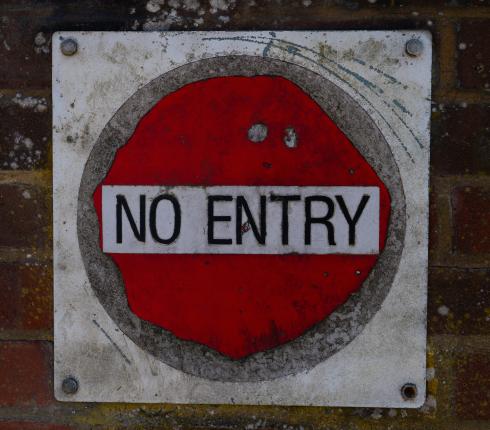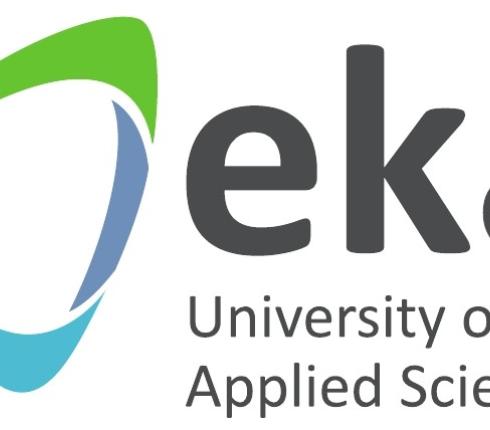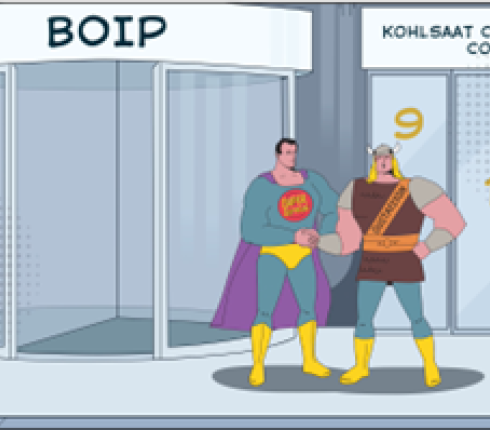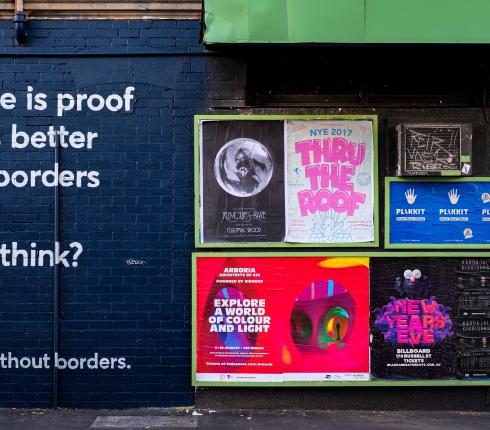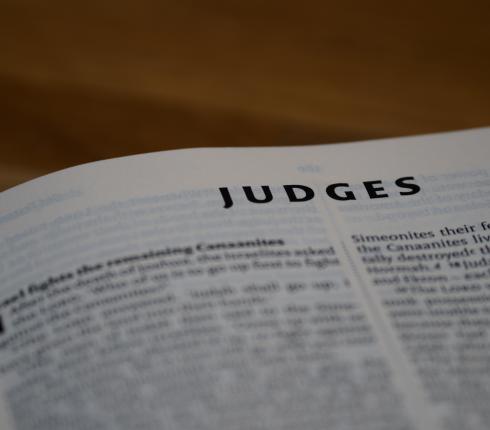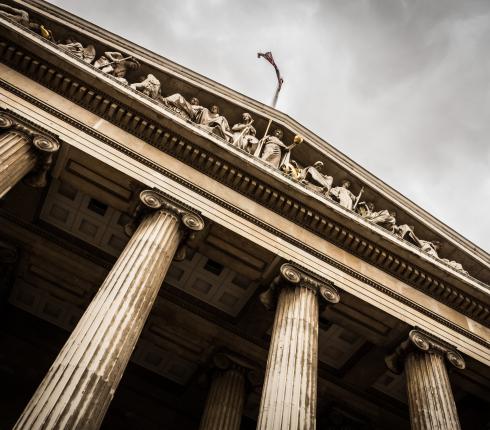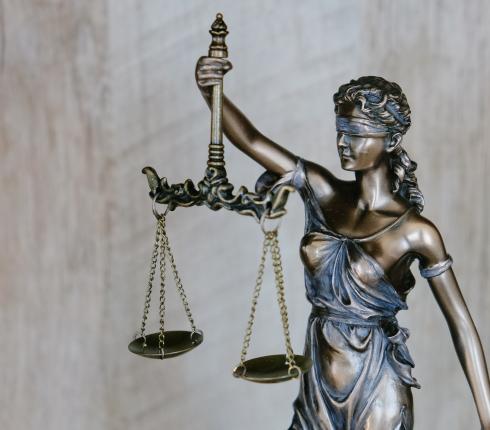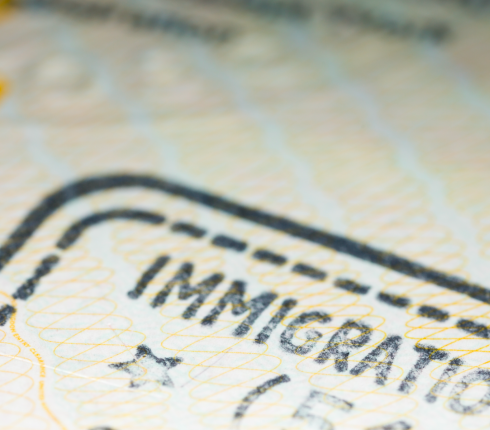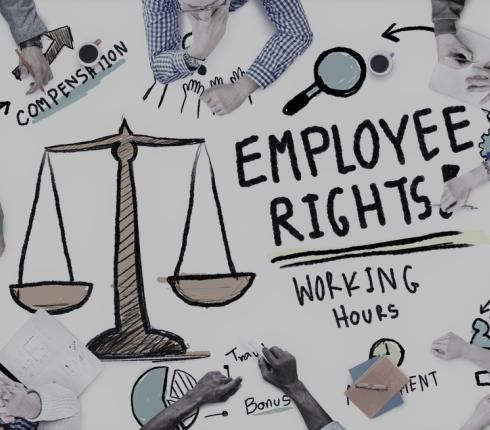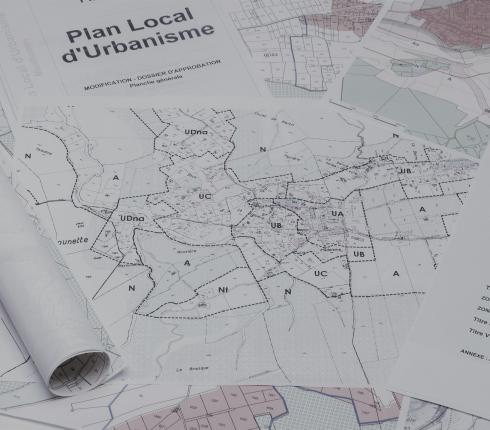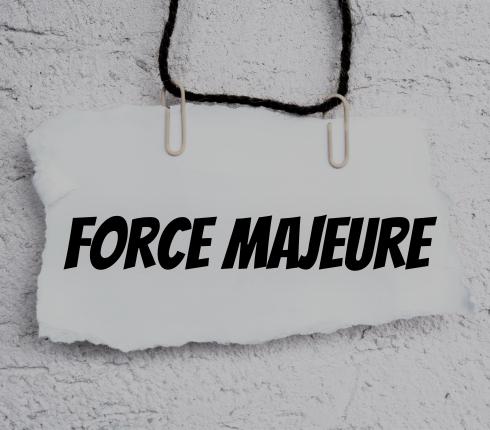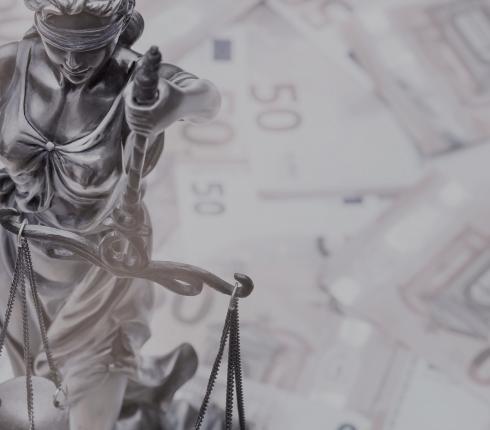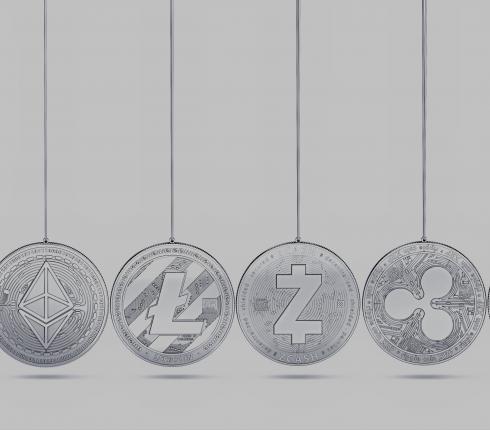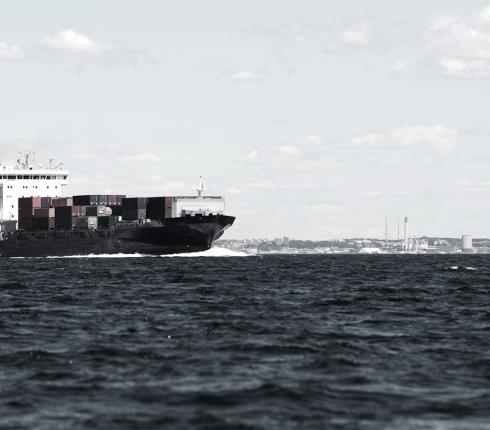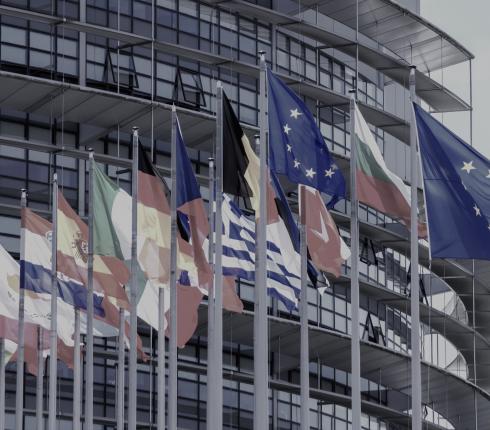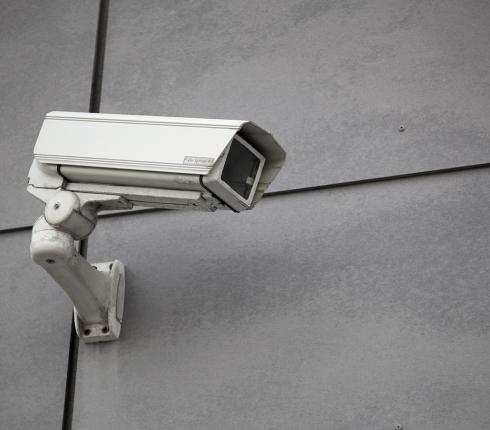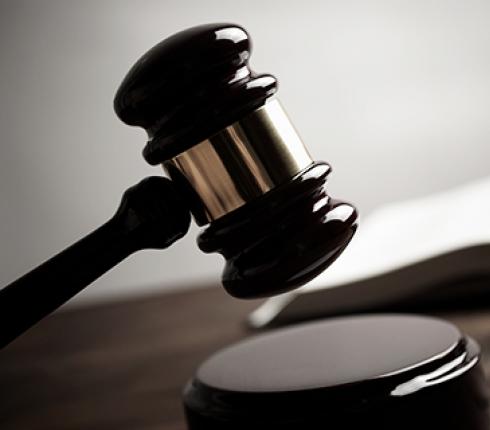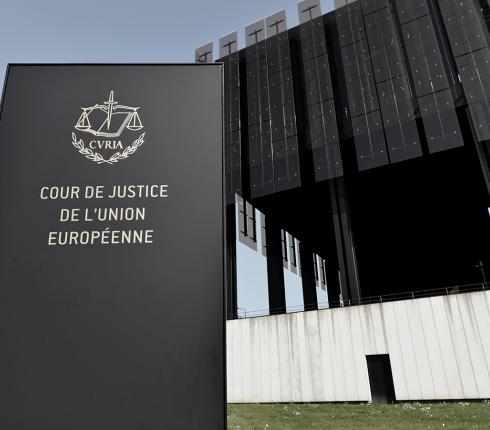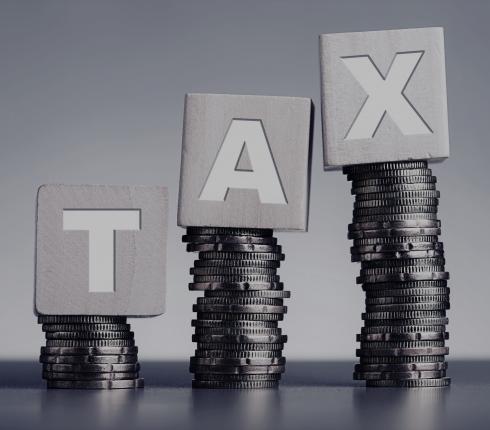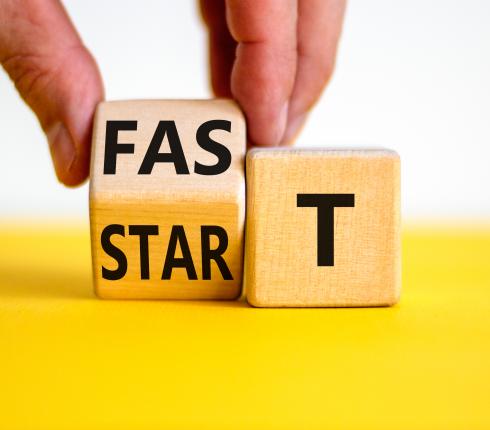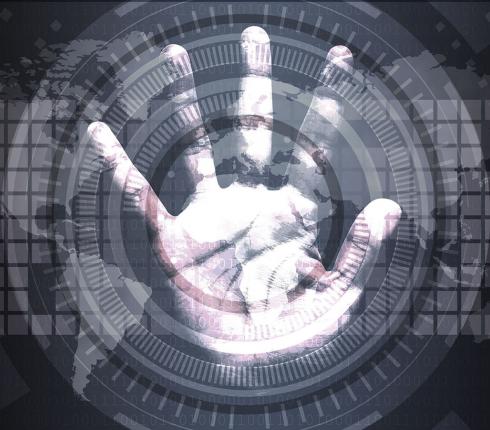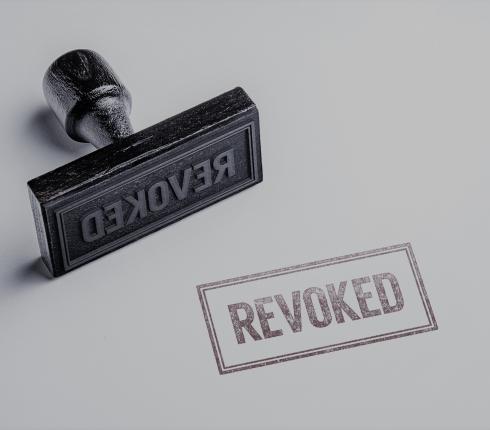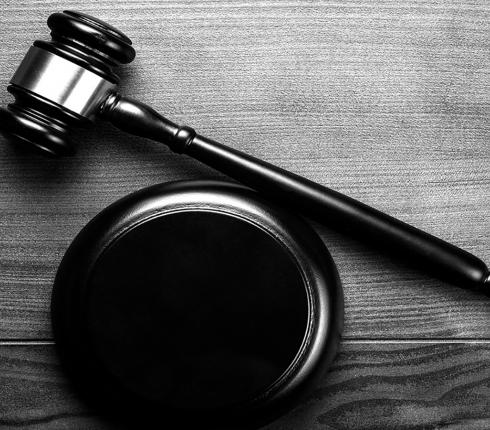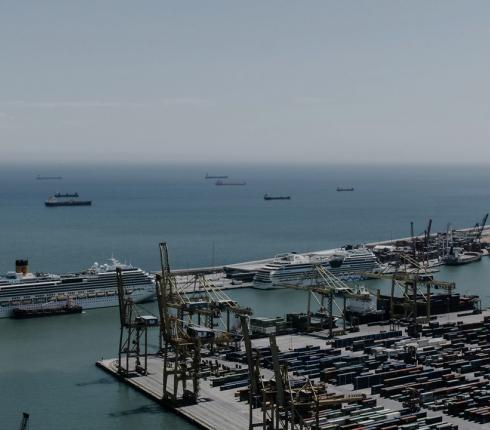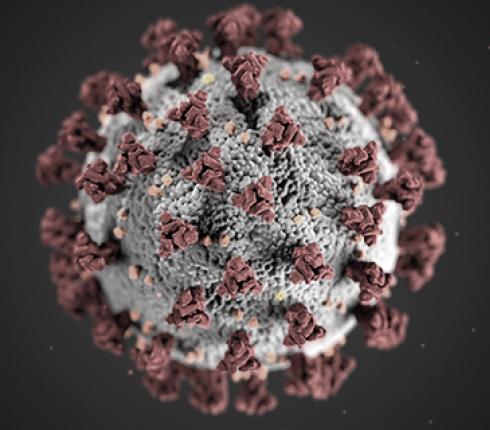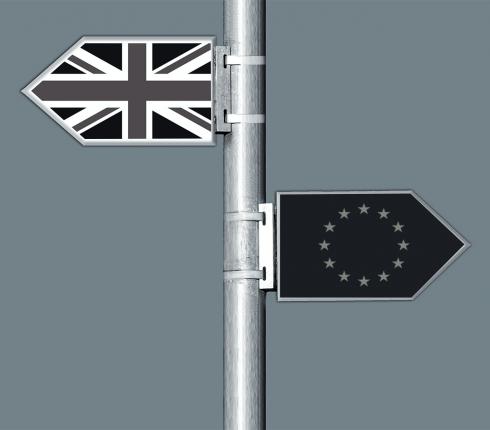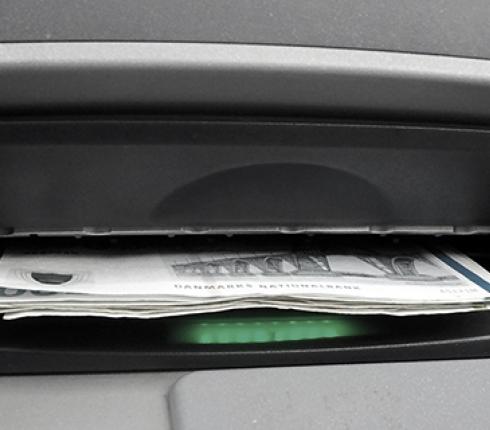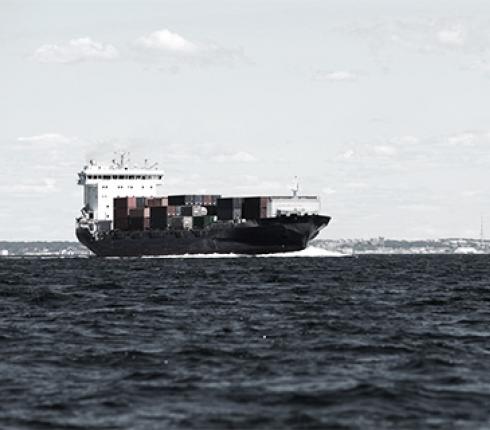NJORD Latvia: White-Collar Crimes
The term "white-collar crimes" was first used in the United States in 1939. This non-legal term refers to crimes that are distinguished from other types of crimes primarily by the characteristics of the subject of these crimes (perpetrator, criminal). "White-collar crimes" are crimes committed by the state (state and local government) or business representatives, officials and civil servants. These crimes have financial motives - the tendency to obtain or avoid losing money, property or services, or to provide oneself with some personal or business advantages.
Those are the crimes provided for in Chapter XIX of the Criminal Law of the Republic of Latvia “Criminal Offences of an Economic Nature”, related to corruption, commercial bribery, economic fraud, insider trading and manipulation of financial markets, unauthorized issuance of financial instruments, raiding, evasion of tax payments and payments equivalent thereto, unauthorized acceptance of benefits, unauthorized acquisition and disclosure of bank or trade secrets, unlawful disclosure of internal market information, so-called "false" insolvency and bankruptcy proceedings, non-disclosure and misrepresentation of owners and beneficiaries of assets, as well as money laundering, etc.
The damage caused to the interests of the state and legal business as a result of “white-collar crimes” far exceeds the damage caused by “traditional” crimes against property (theft, robbery, extortion, destruction or damage to property). It is the “white-collar crimes” that forms the so-called “shadow economy”, which Latvia is so actively fighting with today.
In view of the great harm that white-collar crimes pose to the state and society, and without exaggerating the enormous threat that this type of crime poses to the existence of the state, the law classifies “white-collar crimes” as serious or especially serious crimes, namely those, for which the deprivation of liberty for a period exceeding three years, but not exceeding eight years, or a period exceeding eight years is provided.
In this regard, it should be noted that the current case-law in Latvia shows that for such “white-collar crimes” as tax evasion, courts impose a jail time (real imprisonment) as punishment in almost all cases.
As an additional punishment together with imprisonment for this type of crime, the law provides for and the courts actively apply confiscation of property, deprivation of rights (deprivation of the right to a certain or all types of commercial activity or a certain occupation or the right to hold a certain position), as well as other additional punishments (fines, community service).
Due to the “overhaul” of the Latvian financial sector supervision in recent years, the struggle with the “shadow economy” has become more active and was significantly intensified. As a result of these events the fight against “white-collar crimes” such as money laundering and evasion of tax payments and payments equivalent thereto became one of the priorities of Latvian law-enforcement agencies. Moreover, control over customers’ transactions in Latvian banking and non-banking sector was significantly strengthened.
In these circumstances, almost anyone can face, for example, the bank's requests to clarify the sources of funds in his or her bank account, or even become the focus of law-enforcement authorities in connection with suspicions about the legality of the origin of property belonging to a particular person. In Latvia the number of criminal proceedings initiated in connection with “white-collar crimes” is increasing every year. For example, in 2017, 104 criminal cases on money laundering were initiated, in 2018 - 188, but in 2019 – as many as 218 cases.
Legalization of the proceeds from crime or money “laundering” are activities that result in the proceeds of illegal / criminal activities (e.g. tax evasion, fraud, electronic fraud, non-bank credit fraud, financial pyramid, unregistered or unlicensed business, fraud involving public funding, a criminal offense involving politically exposed person of the Republic of Latvia, a criminal offense during the performance of the duties of a public official of the Republic of Latvia, corrupt activities, use of forged documents, insolvency fraud, other fraud) being processed through the financial system in such a way as to give the impression that such funds were obtained from legitimate sources. If successful, offenders will benefit from the proceeds.
Liability for tax evasion is provided for in Section 195 of the Criminal Law. Latvian legislation stipulates that funds obtained directly or indirectly in the property or possession of a person by committing a criminal offense or in other cases specified in the Law on Criminal Proceedings shall be deemed to be criminally obtained funds.
Legalization of the proceeds from crime usually has three stages:
- placement - when cash or cash equivalents are being implemented in the financial system;
- layering - when a series of complex financial transactions are carried out to disguise the origin of the money;
- integration - when funds are integrated back into the economy in such a way that their origin appears to be legitimate.
On December 24, 2019 amendments to the Law on Criminal Proceedings came into force, envisaging the promotion of more effective investigation of financial and economic criminal offenses. It is expected that the changes in the Law on Criminal Proceedings will strengthen the opportunities to fight against money laundering and to prosecute persons for these types of crimes. For example, with the amendments, Article 125 of the Law on Criminal Proceedings (“Legal Presumption of Fact”) is supplemented with Part (3), which provides as follows: if a person involved in criminal proceedings cannot reliably explain the origin of the property with which some legalization activities were carried out, and the totality of evidences provides grounds for person, directing the proceedings to believe that such property was most likely obtained by criminal means, this will be considered proven. Section 126 of the Law on Criminal Proceedings was also supplemented with Part (31), which stipulates that if a person does not provide reliable information on the legality of the origin of property within a specified timeframe, then a person is denied compensation for damage caused to that person due to restrictions to dispose such property imposed within criminal proceedings.
Criminal liability is provided for evasion of tax payments and payments equivalent thereto or of concealing or reducing income, profits and other items subject to tax, if losses on a large scale are caused thereby to the State or local government. Liability for tax evasion is provided in Article 218 of the Criminal Law.
Criminal liability arises if the principal amount of unpaid tax debt exceeds 50 monthly wages. It is almost impossible for an individual who receives only a salary to reach the amount of unpaid taxes of 50 monthly wages. However, one should be careful with real estate sales and other larger deals.
"White-collar crimes" are not limited to criminal law. In this type of cases the lawyer representing the customer’s interests must have extensive knowledge and experience in the field of finance, as well as to be familiar with the laws and regulations governing this field.
'White-collar crimes' are usually committed by people who do not have a criminal history, who are unfamiliar with the criminal world and who have no idea of the consequences of such accusation, which, in addition to criminal record, will cause serious damage to reputation, material damage, will affect private life, future career and employment opportunities.
Before being charged with a "white-collar crime", a person will be summoned to an investigator for interrogation. In some cases, this person may be detained. In this situation it is important to remember that the right to legal aid is one of your most important rights. Immediately after the involvement in the criminal proceedings, it is necessary that the person asks to provide you with the opportunity to use the legal assistance of a lawyer. In most cases, the legal assistance of a lawyer at the early stages of criminal proceedings significantly affects the positive outcome of the case.
NJORD LAW FIRM provides legal assistance and defense in criminal proceedings for "white-collar crimes". Our lawyers have extensive experience in legal assistance and defense in this category of cases. We will help you choose the right defensive position and create the most effective tactics and strategy for your case.




